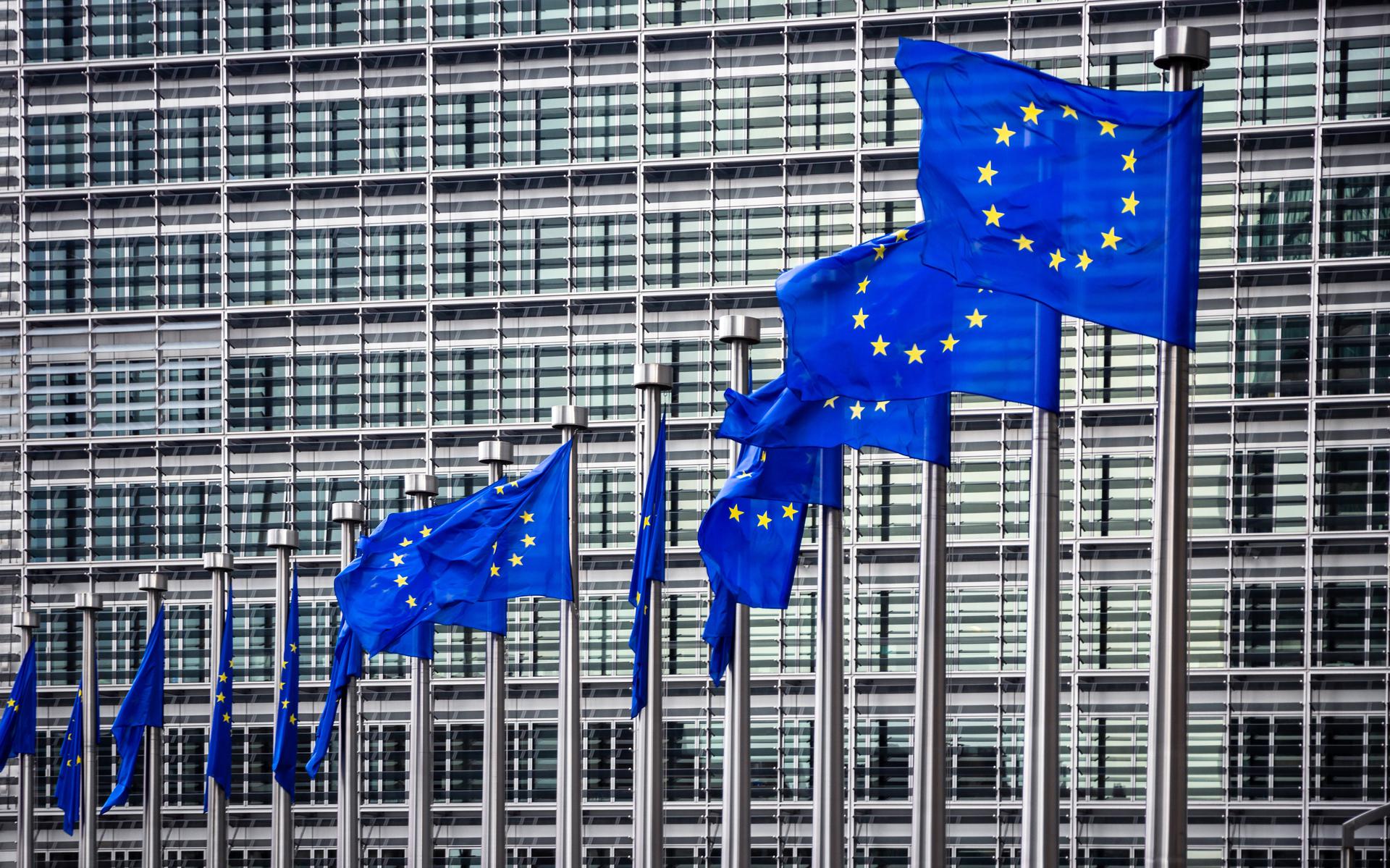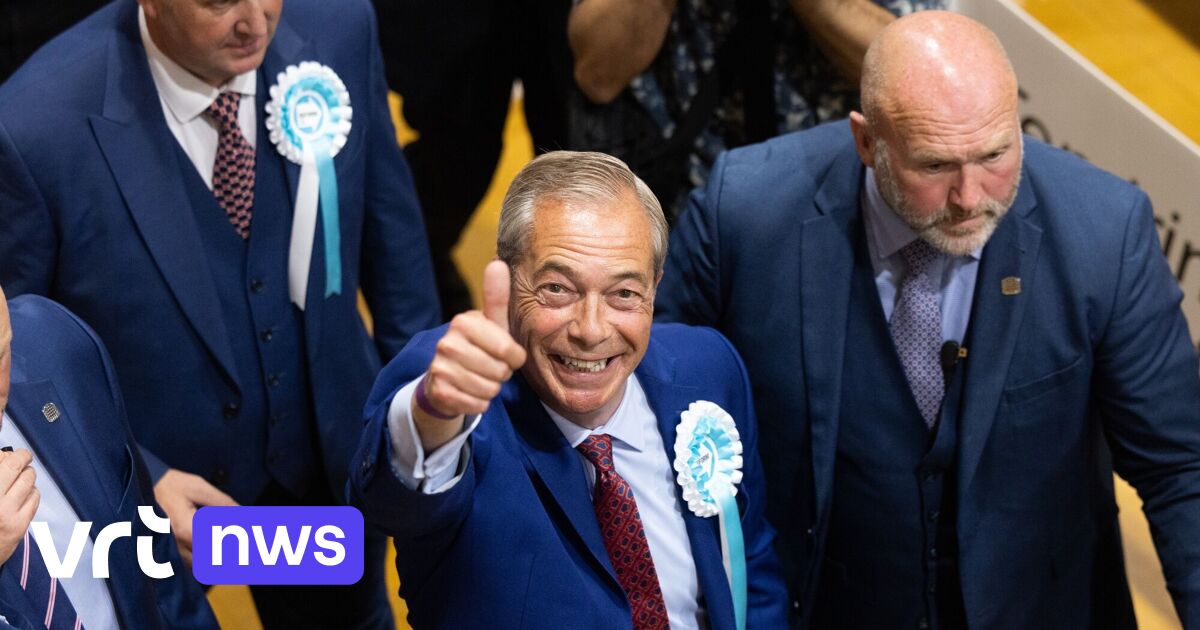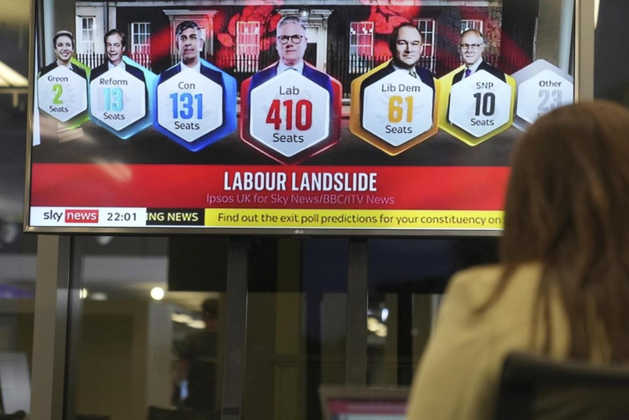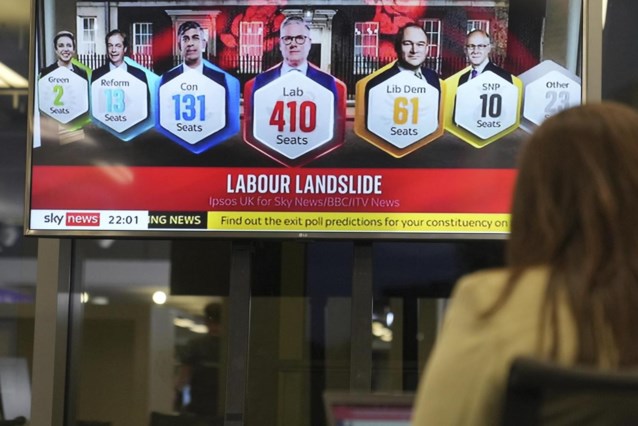The PVV achieved a landslide victory in the elections on November 22, 2023. Leading up to the elections, the PVV’s victory was expected, but the size of the PVV’s election victory was a big surprise. The implication of this victory is that the party program will be central in the future formation.
What is striking about the election debate is that there is little or no discussion of international politics or economics, while international challenges are greater than ever. For example, various ongoing military conflicts, the European Union’s relations with Russia, elections to be held in the United States in 2024, which could further strain relations with China, and so on. Debates and campaigns almost exclusively address issues occurring within our borders.
Now that the PVV has become the largest party and will take the initiative in its formation, it would be good for us to pay attention to what is stated in the PVV program regarding international economic cooperation.
The PVV wants a binding referendum on Nexit
A striking element in the PVV election program is entitled The Netherlands is again ranked 1st is how people view the European Union. We quote from the PVV election manifesto (p. 43):
“This intensive cooperation between countries does not require a political union, like the EU, an institution that accumulates more power, spends taxpayers’ money and imposes diktats on us. The PVV wants a binding referendum on Nexit.’
The election manifesto continues on the same page with:
As long as the Next referendum has not been held:
• We are committed to getting back our billions of dollars from Brussels and the EU’s much lower contribution. The Netherlands would be the net recipient, not the payer
• There is no transfer of power to the EU, but its restoration
• Maintain and restore all our veto rights
• No further EU enlargement or steps in that direction
• Imminent end to the European Parliament’s monthly circus that travels from Brussels to Strasbourg
• No EU flags on government buildings and at the States General; we are in the Netherlands, only the national flag is flying here.’
The next thing cannot be ruled out
It is clear that if the PVV is successful, then the importance of the EU for our country will have to be significantly reduced and, more importantly, that another deal cannot be ruled out, even if only after a binding referendum.
The consequences of such a move would be enormous. First of all, for the simple fact that a referendum on what’s next could be held in the Netherlands – one of the six founding countries of what is now the EU. This will lead to a loss of reputation within the EU. Moreover, if the next thing does happen, the impact on trade and national income in the Netherlands will be very negative.
The Netherlands is an open economy and around a third of our national income is generated through export trade and around 2.5 million jobs are linked to exports. The EU is our largest trading partner and its importance cannot be underestimated; Thanks to the EU, our national income is more than 3 percent higher than what it would have been without the EU.
In short, it will be interesting to see what nexit means for our international trade and count the PVV program in this regard. Please note that we limit ourselves here to trading effects. This results in an underestimation of the actual impact because we do not see the impact on labor migration and foreign direct investment.
The further the distance, the smaller the trade
A common way in the scientific literature to investigate the impact of trade agreements is with so-called gravity models. The basic principle of this model is simple: trade between two countries will be large if both countries are large, but it is negatively affected by the distance between the two countries. The distance factor must be interpreted broadly. This not only concerns distance in kilometers, but also cultural and institutional distance. The more countries differ from each other, the greater the distance and the less trade.
Like other models, the gravity model is an approximation of reality and not all relevant aspects are included; that’s why he became a model. However, modern statistics allows us to take into account a number of aspects. Our experience with more than three hundred existing trade agreements allows us to estimate what the impact would be if the Netherlands left the EU. In passing, the euro also gave up.
In keeping with the importance of the EU for the Netherlands, the impact was very negative: total Dutch exports fell by 45 percent and national income fell by 2.4 percent (see table). The impact on various sectors was also significant: agricultural exports fell by 17.8 percent, and industrial exports fell by no less than 43.5 percent. These figures represent a lower limit that will be largely exceeded if we also take into account the interconnections of international trade in semi-finished products through global value chains. There are also countries that benefit from this; In some cases, there has been a shift to countries that fill the Dutch export gap.
The impact of nexit on trade and welfare of various countries
These changes will deal a heavy blow to our trading partners in the EU and especially our closest neighbors: Belgian exports will decline by more than 6 percent and 2 to 3 percent for Germany, Denmark and the UK. National income will also decrease in these countries. Due to its very favorable geographical location, the Netherlands is an important trading partner for countries around the EU with other countries in the world. However, these gains will be largely erased by the policies adopted by the Netherlands and other European Union countries.
The Netherlands is a trading country and therefore always advocates further stimulation of international trade. This has contributed to prosperity in the Netherlands. The next thing reversed the achievements related to international trade. The UK’s experience with Brexit also shows that the finger exercises we demonstrate here are not purely theoretical exercises; There, too, trade declined sharply and national income fell. The consequence of the Brexit disaster is that two-thirds of the British population now regret it. A nexit is also not in the interests of the Netherlands and therefore not in the interests of PVV voters.
Let’s hope that a possible coalition agreement will not be reached through the next agreement.
About the Author:
Steven Brakman is professor of international economics, Harry Garretsen is professor of International Economics & Business and Tristan Kohl is Associate Professor of International Economics, all at the Faculty of Economics and Business of the University of Groningen.

“Hipster-friendly creator. Music guru. Proud student. Bacon buff. Avid web lover. Social media specialist. Gamer.”







